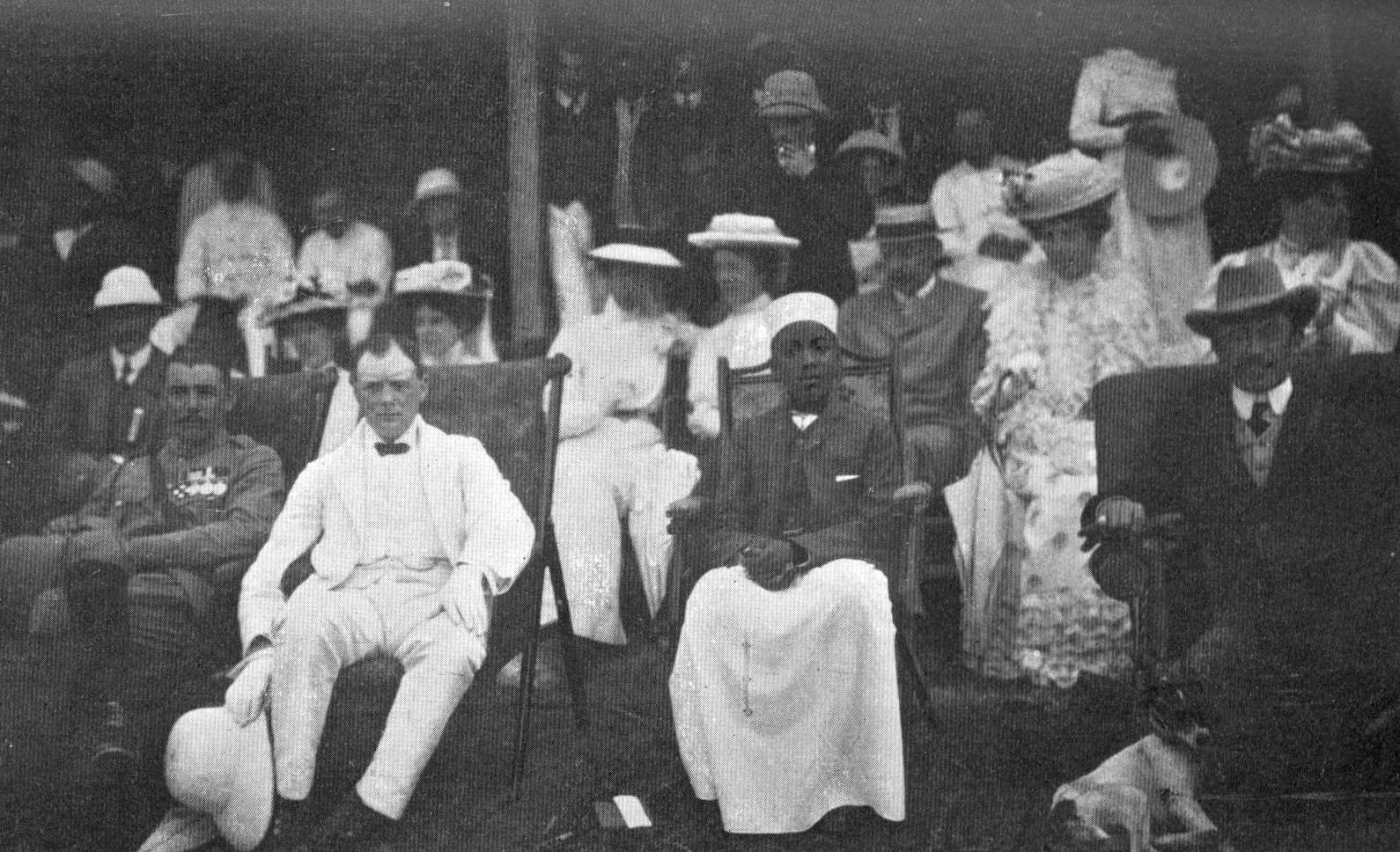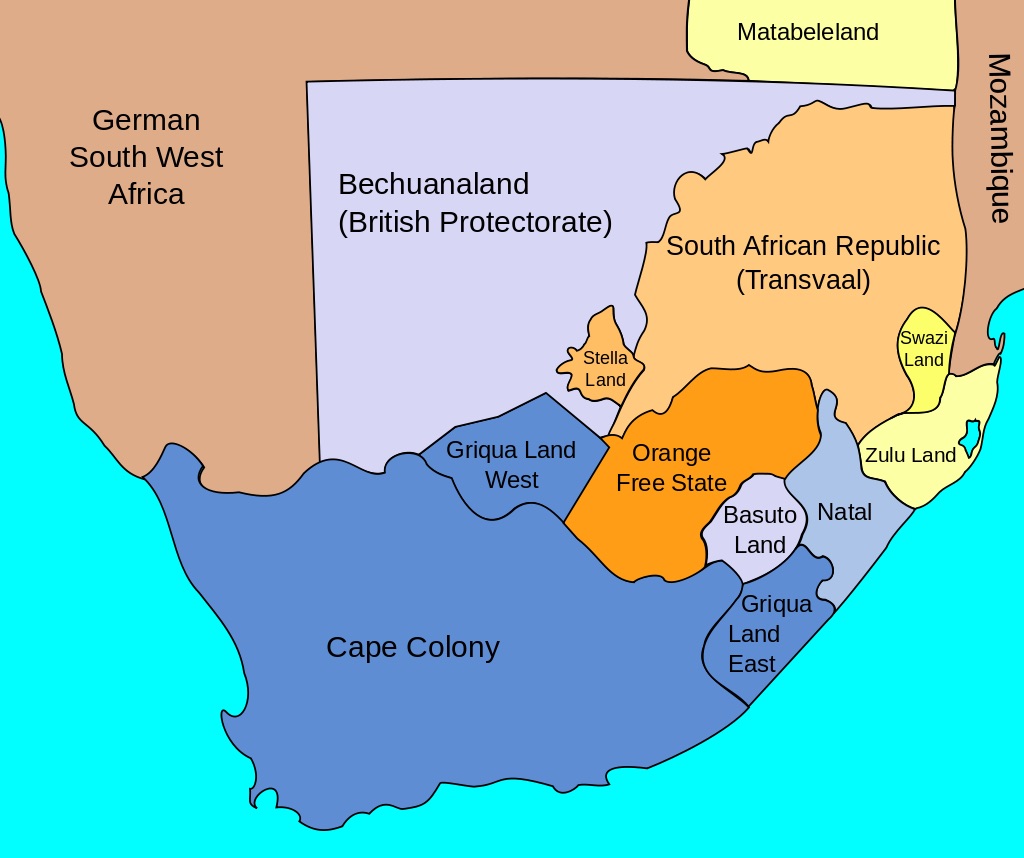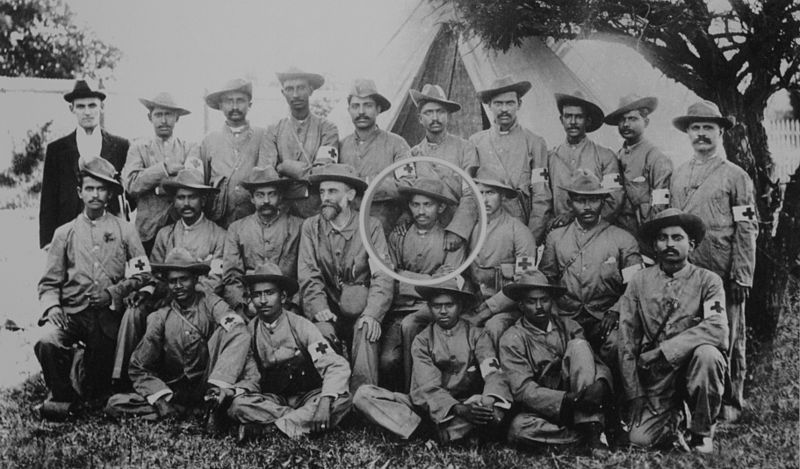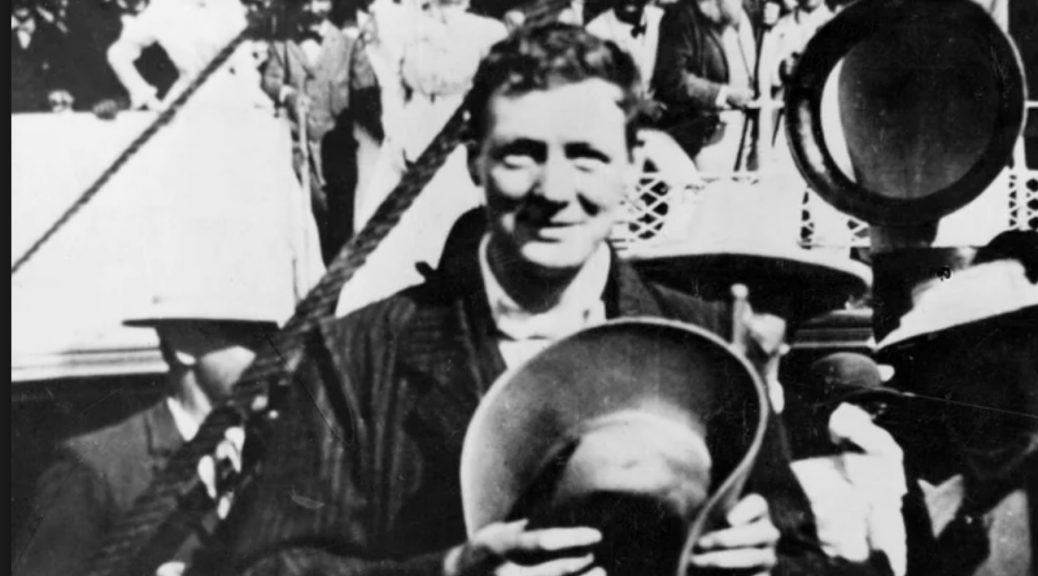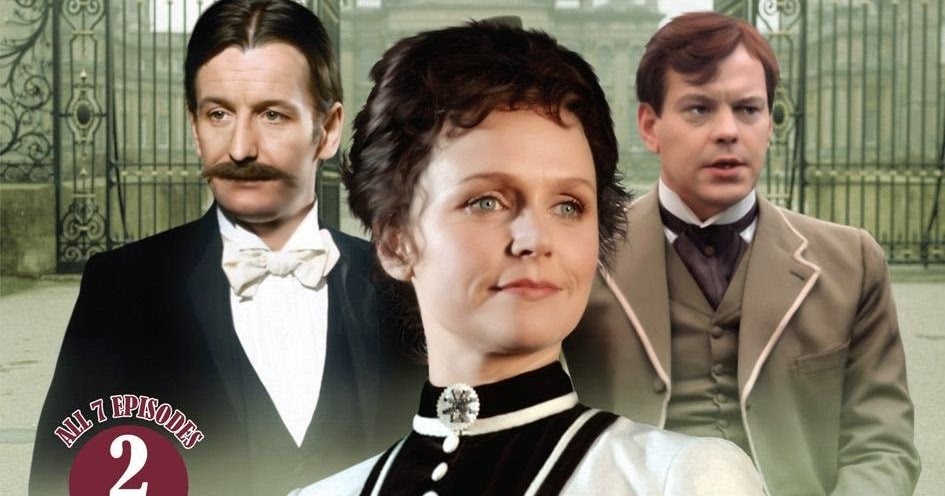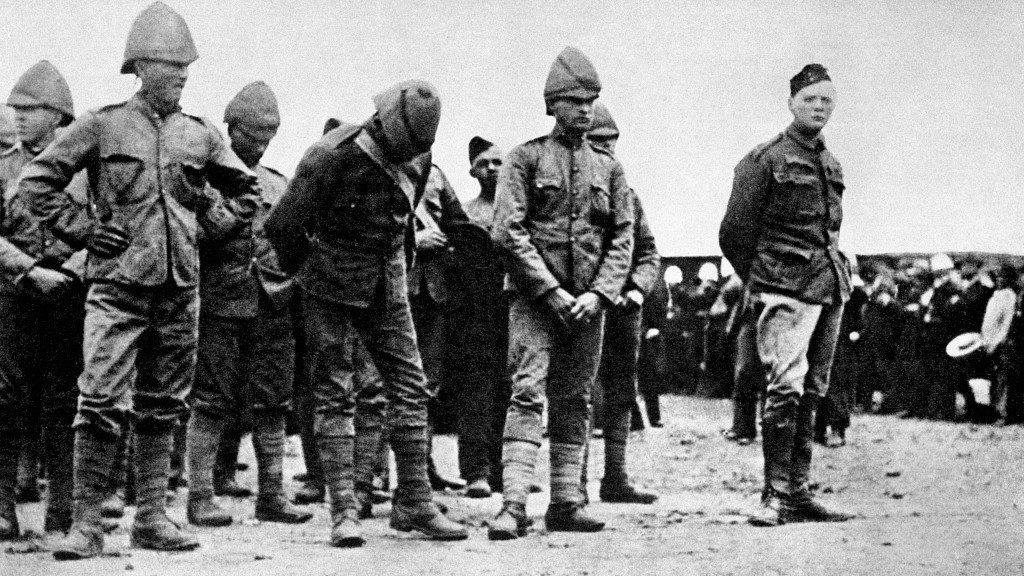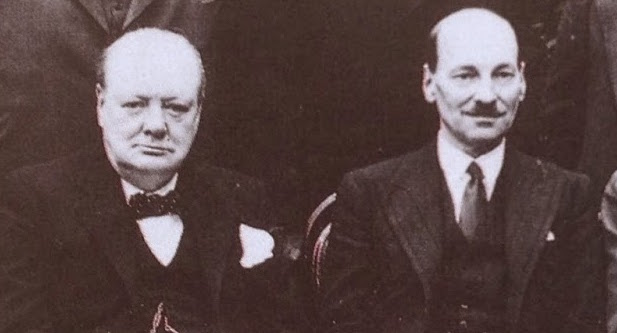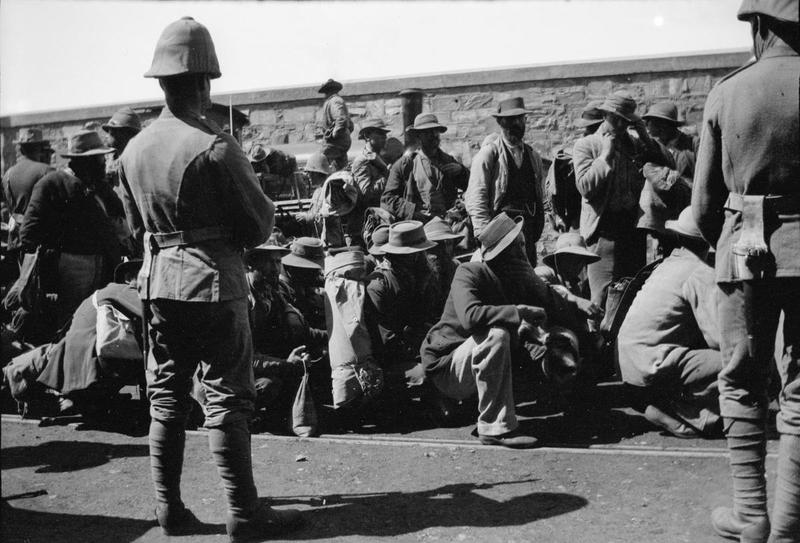
Selective Quotes: Churchill on South Africa Prison Camps
“Churchill on South Africa Prison Camps”: excerpted from my essay for the Hillsdale College Churchill Project. For the unabridged original, together with endnotes, and WSC’s complete letter to The Times, click here.
1. Same old, same old…An Indian colleague writes:
I’ve noticed that the same accusations about Churchill repeated frequently. Many writers seem to recycle them on trust. Take for example a new anti-Churchill article which I think needs a thorough debunking. In fairness to the author, it is not all bad; she concedes for instance that Churchill wanted to use tear gas in Iraq, not poison gas.…
